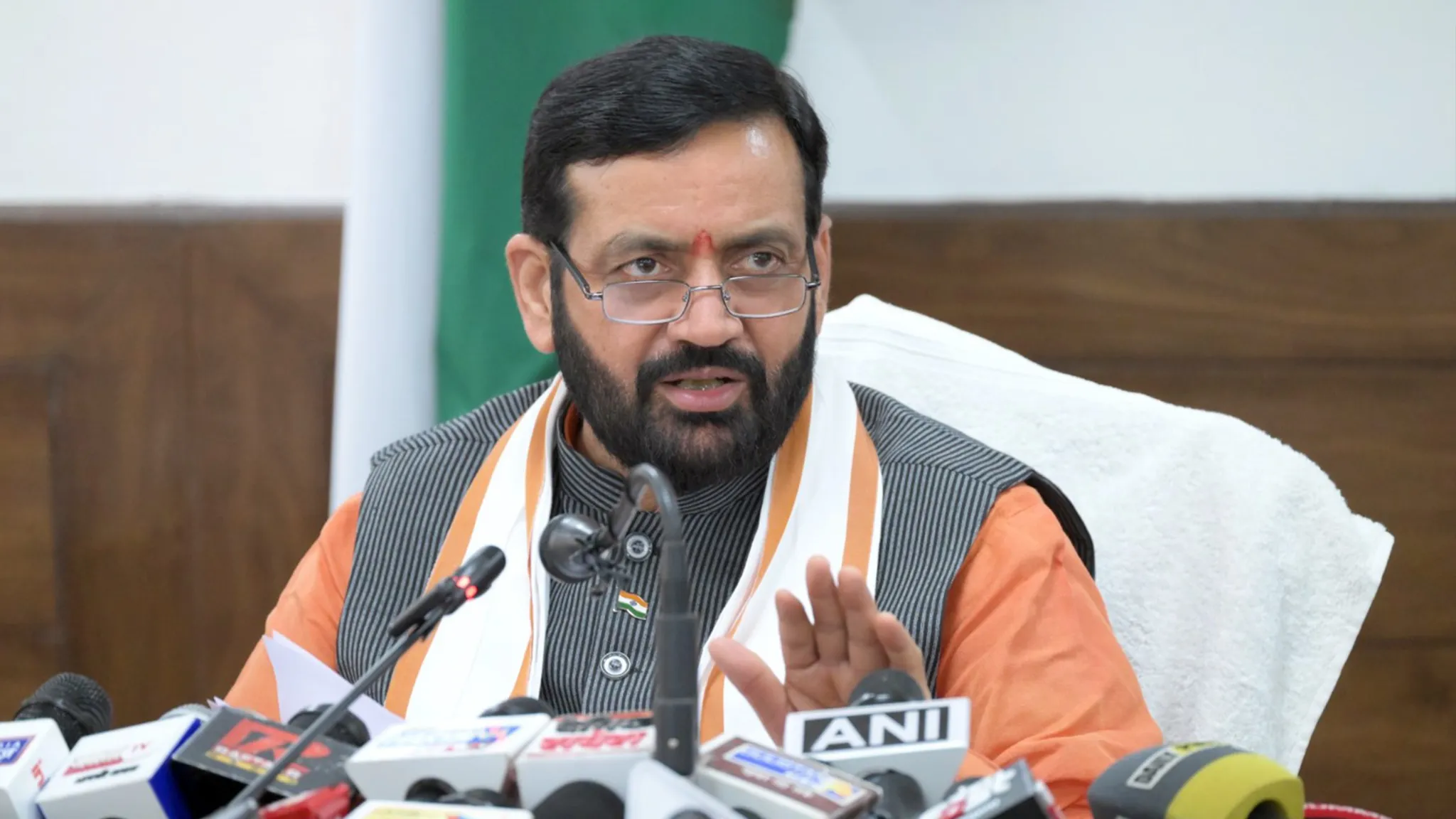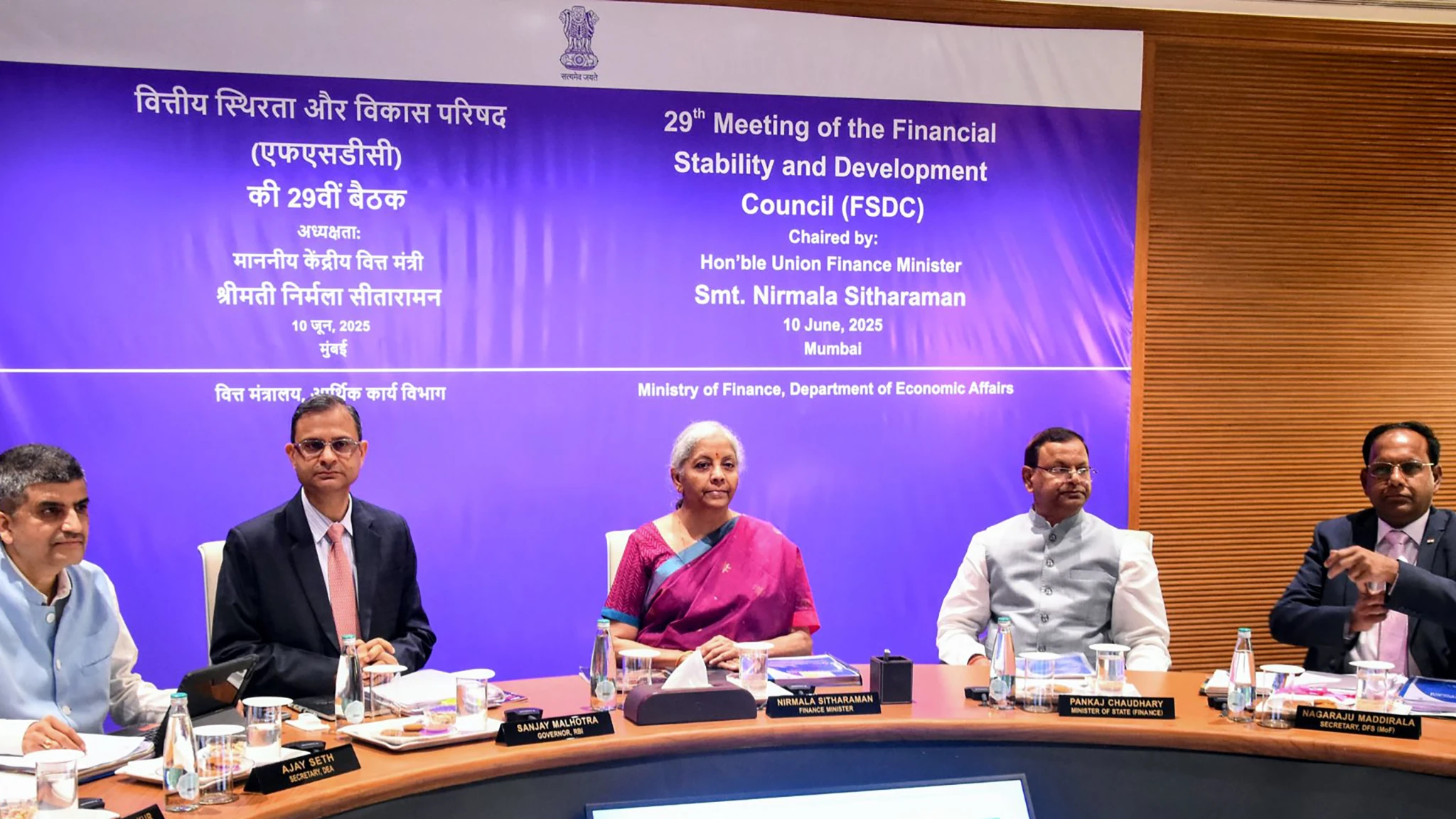Indian investors are breathing a sigh of relief after the Bhartiya Janata Party’s (BJP) better-than-expected performance in the Haryana elections. This electoral outcome has acted as a shot in the arm for the markets, which had been jittery due to escalating geopolitical tensions and foreign investor selling. On Tuesday afternoon, India, alongside China, stood out as one of the few Asian stock markets trading in positive territory, a welcome change from the volatility experienced in recent sessions.
Election Relief for Investors
The Nifty 50 had witnessed a 4 percent decline in the four trading sessions leading up to Tuesday’s results. Exit polls had even suggested a potential loss of power for the BJP in Haryana. However, the early results indicating a majority for the ruling party, albeit slim, have reassured investors. While state elections may not directly influence economic policy, the Haryana outcome is perceived as a sign of policy continuity and fiscal discipline at the national level. This perceived stability is crucial for market sentiment, especially given the BJP’s reduced majority in the recent Lok Sabha elections. A strong showing in Haryana provides a morale boost for the NDA and sets a positive tone for upcoming state elections.
Earnings Slowdown a Worry
However, as investors celebrate this electoral victory and India’s relative stability, it is vital to not overlook underlying market fundamentals. A key concern is the slowing pace of corporate earnings growth. Aggregate earnings for Nifty 50 companies are projected to grow at a muted rate for the second consecutive quarter in Q2 FY25. Analysts at Motilal Oswal Financial Services highlight a concerning trend of adverse earnings revisions, with downgrades of approximately 6 percent in the Nifty EPS since July 2024. This earnings deceleration is not merely due to cyclical factors; indicators such as power demand and retail auto sales suggest a genuine softening of demand conditions in the last quarter.
RBI’s NBFC Warning
Adding to the cautious outlook, the Reserve Bank of India (RBI) Governor Shaktikanta Das has issued a warning to certain Non-Banking Financial Companies (NBFCs) adopting a ‘growth-at-any-cost’ approach. While acknowledging the overall health of the NBFC sector, Das pointed out that some entities, including MFIs and HFCs, are aggressively pursuing high returns on equity, potentially leading to unsustainable practices. This aggressive pursuit of growth could result in excessively high interest rates and borrower over-indebtedness, posing risks to financial stability. The Governor urged both banks and NBFCs to carefully assess their exposure in unsecured lending and prioritise sustainable business models over aggressive targets.
Valuations and Global Flows
Simultaneously, external factors are adding to the complexity. Rising crude oil prices and ongoing geopolitical tensions in the Middle East pose renewed inflation risks. Indian market valuations are already elevated compared to long-term averages. China’s stimulus measures are also attracting foreign investment, potentially diverting flows away from India. Nomura analysts caution that valuations could become a significant factor if foreign and domestic investment flows slow down. In this evolving global scenario, it is imperative that earnings growth keeps pace with investor expectations.
Will the market euphoria last? Investors should pay close attention to the upcoming September quarter earnings season for crucial cues. The interplay of domestic political stability and global economic headwinds will determine the market’s trajectory in the coming months.
Image Courtesy: X (DPR Haryana)










Leave a Reply